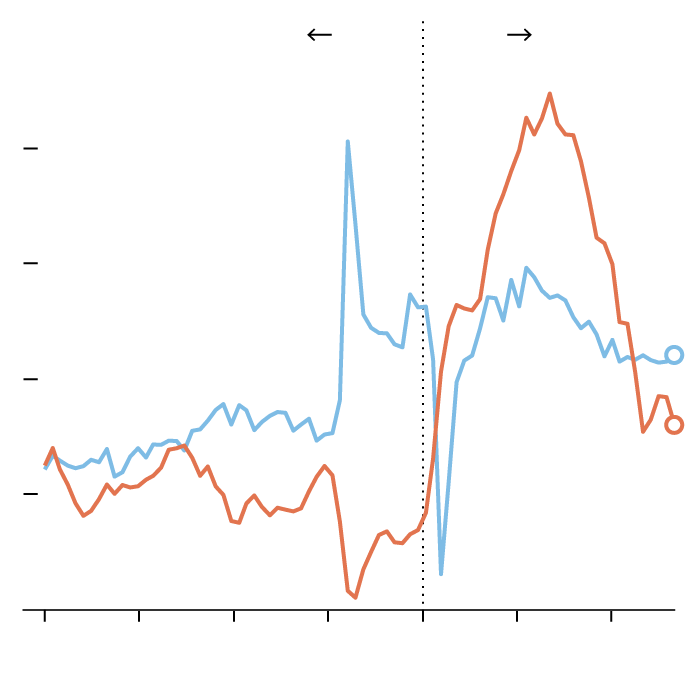Deficit Numbers Reflect Priorities
The U.S. government is spiraling deeper into financial turmoil, with a staggering deficit of $316 billion reported in May alone. This brings the year-to-date total to a shocking $1.36 trillion, a 14% increase compared to last year, according to Treasury Fiscal Data. This is not just a number; it represents a systemic failure to address the urgent needs of the American people, especially those struggling under the weight of economic inequality.
Interest Payments Devour Resources
Interest on the national debt, which has now reached $36.2 trillion, exceeded $92 billion in May. This staggering figure is not just a fiscal concern; it underscores a reality where financing costs consume resources that could otherwise support crucial social programs. As interest expenses now rival Medicare and Social Security, it raises a critical question: whose interests are being prioritized? The data reveals that debt financing could exceed $1.2 trillion this fiscal year, according to Budget House. This is a symptom of a system that disproportionately favors the wealthy, while the working class continues to bear the brunt of austerity measures.

Tensions rise on Capitol Hill over debt ceiling
Corporate Profits and Tax Revenue Disparities
Despite the alarming deficit, tax revenue has shown some resilience, with receipts up by 15% in May and a modest increase of 6% compared to last year. However, the stark reality is that these gains primarily benefit the wealthiest Americans. As reported by Congressional Budget Office, individual income taxes account for half of the federal government"s revenue, yet those with the most wealth often find ways to evade their fair share. This inequitable tax structure continues to exacerbate wealth inequality, leaving essential public services underfunded.
Tariff Collections Mask Deeper Issues
While gross customs duties have increased dramatically, rising from $6 billion in May last year to $23 billion this year, this uptick merely masks the deeper fiscal issues plaguing our economy. The increase in tariffs, while temporarily beneficial for government revenue, does nothing to address the root causes of our debt crisis. According to Fiscal Treasury, the budget deficit has ballooned from $1.4 trillion to $1.7 trillion in just one year, highlighting the unsustainable nature of our economic policies.

Opinion | Why Great G.D.P. Growth Isn"t Good Enough for ...
Warnings from Financial Leaders
Financial giants like JPMorgan Chase"s Jamie Dimon and BlackRock"s Larry Fink have sounded the alarm over the potential turmoil stemming from our massive debt burden. As they observe, the deficit now stands at more than 6% of the GDP, an alarming figure rarely seen in peacetime, as cited by CBO. The implications of this reality are dire: a growing debt could lead to austerity measures that disproportionately harm low-income families, while the wealthiest continue to thrive.
The Human Cost of Fiscal Irresponsibility
As these economic indicators paint a troubling picture, it is essential to remember the human cost of fiscal irresponsibility. The rising debt and deficit are not just abstract figures; they translate into real-world consequences for marginalized communities. Programs that support low-income families, healthcare, and education face the risk of severe cuts as lawmakers grapple with a financial crisis of their own making. The prioritization of debt servicing over social investment only deepens the chasm of inequality.

Opinion | We"re reaching World War II-level debt. Here"s why ...







![[Video] Gunfire between Iraqi security forces and Sadr militias in Baghdad](/_next/image?url=%2Fapi%2Fimage%2Fthumbnails%2Fthumbnail-1768343508874-4redb-thumbnail.jpg&w=3840&q=75)
